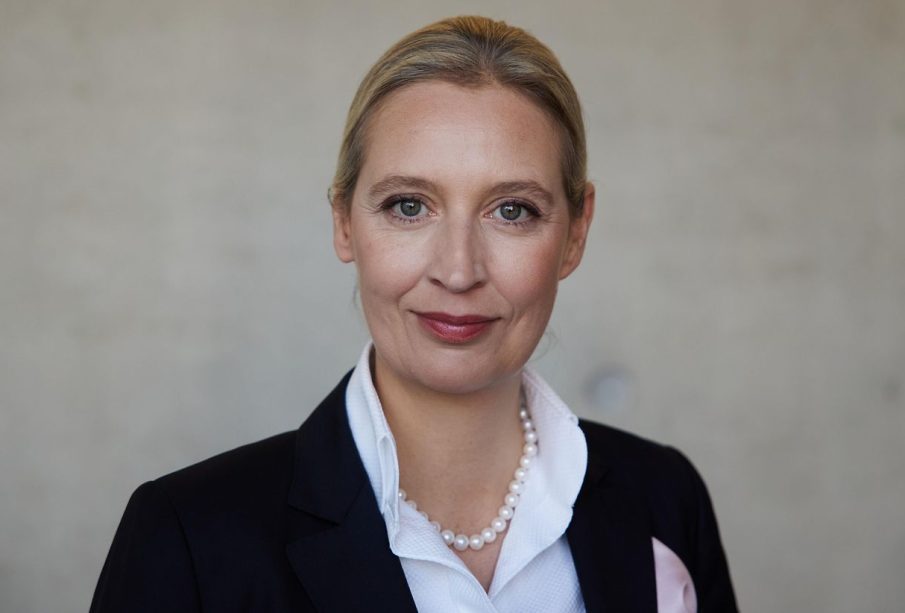Understanding Alice Weidel’s Influence in German Politics

Introduction
Alice Weidel, a prominent figure in German politics, has been a member of the Bundestag since 2017, representing the Alternative für Deutschland (AfD) party. As the party’s co-leader, she plays a crucial role in shaping its policies and direction. In recent years, Weidel has garnered attention for her controversial views and political strategies during a turbulent period in Germany’s political landscape.
Political Rise and Leadership
Born on February 6, 1979, in Gütersloh, Germany, Weidel grew up in a politically active family. She studied economics and worked in finance before entering politics. Her foray into the AfD coincided with the party’s rapid rise in popularity affected by the European migrant crisis and concerns about national sovereignty.
Weidel became the face of the AfD’s campaign in the 2017 federal elections, where the party secured 12.6% of the vote and became the third-largest party in the Bundestag. Her position as co-leader allows her to influence the party’s stance on immigration, integration, and economic policies, advocating for a more nationalist approach.
Recent Developments and Controversies
In the past year, Weidel’s statements and positions have continued to stir debate within and outside of Germany. Her outspoken criticism of Chancellor Olaf Scholz’s government regarding its immigration policies has given her a platform among right-wing voters frustrated with current leadership.
Weidel has also faced backlash for her comments on social issues, often being accused of spreading divisive rhetoric. In late 2022, she was one of the prominent leaders opposing the government’s handling of energy policies amid rising prices due to the ongoing conflict in Ukraine. Her advocacy for a more self-sufficient Germany resonates with many voters concerned about economic stability.
Conclusion: The Future of Alice Weidel in German Politics
As Germany approaches the next federal election, Alice Weidel’s influence seems poised to grow, especially if the AfD continues to capitalize on public discontent with mainstream parties. Analysts predict that her leadership style and political strategies will remain central to the party’s approach. As voters become increasingly polarized, Weidel’s role as a controversial yet central figure in German politics will likely continue to evolve, impacting the social and political fabric of the nation.









